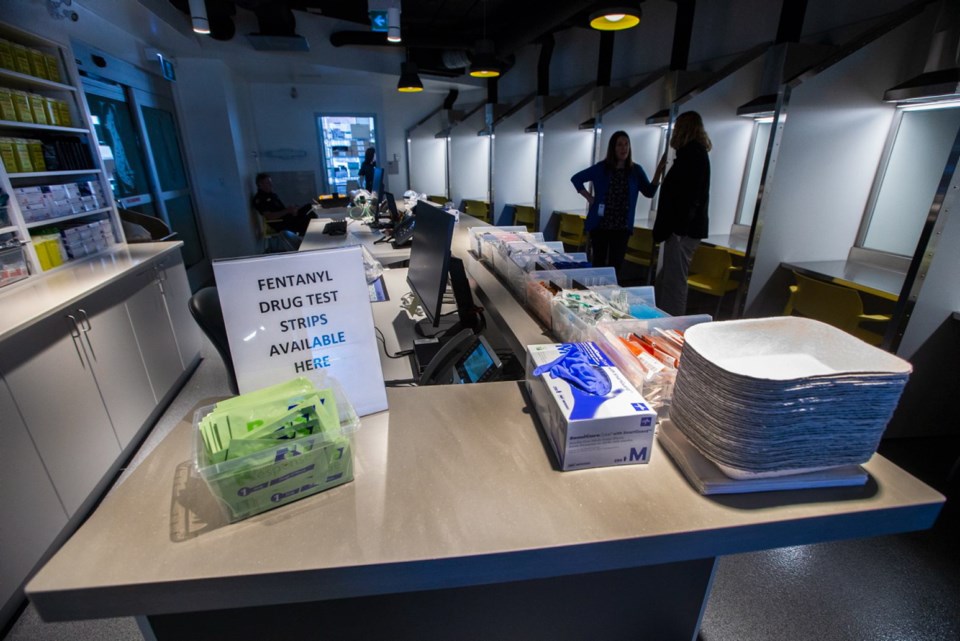As the death toll from drug overdoses continues to mount, municipal politicians in Saanich and Victoria are demanding the federal government declare a national public health emergency and consider all possible solutions — including decriminalizing simple drug possession.
In a motion going to Saanich council on Monday, councillors Ned Taylor and Karen Harper call for a Canada-wide overdose action plan that would consider strategies that have worked in other countries to reduce the number of deaths.
They also want Saanich staff to work with local health agencies to explore whether the district should open a safe-consumption site.
“People are dying on a daily basis,” Taylor said in an interview. “Part of my motion is to advocate to senior levels of government. I think that more needs to be done at both the provincial and the federal level, but I also think that we need to be prepared to step up at the local level as well.”
Drug overdose deaths have accelerated amid the COVID-19 pandemic, which has led to an increasingly toxic drug supply and made it challenging for people to access harm-reduction services.
It’s almost certain that 2020 will see a new record set for drug overdose deaths in B.C. The coroners’ service announced in December that 1,548 people had died in the first 11 months of 2020 — one short of the all-time high of 1,549 seen in 2018.
In November alone, an average of five people died every day from a drug overdose, the service said.
“It’s clear that new approaches are needed,” Taylor said. “I think we need to be looking at what’s working in other countries. What does the evidence show to be effective?
“And then we need to have the political will to actually take the action that’s necessary to reduce the amount of overdoses we’re seeing, and to save lives.”
Victoria city councillors unanimously passed a similar motion from councillors Marianne Alto and Sarah Potts at a committee of the whole meeting on Thursday. The motion directs Mayor Lisa Helps to ask the federal health minister to declare a national emergency and consider decriminalization.
Potts argued that the global “war on drugs” has done more harm than good.
“In B.C., the prohibitionist approach to drug policy has failed to prevent the growth of illegal drug markets, it’s failed to slow the use of illegal substances, and it’s failed to prevent harms associated with the use of these substances,” she said.
Instead, the harms have intensified while criminals have made massive profits from illegal drug activity, Potts said.
“At least 30 jurisdictions around the world have adopted or are beginning to adopt a shift in drug policy that moves away from criminalizing people who use drugs to one of decriminalization and this has been met with success,” she said. “So the evidence shows, it’s time for Canada to make this step as well.”



